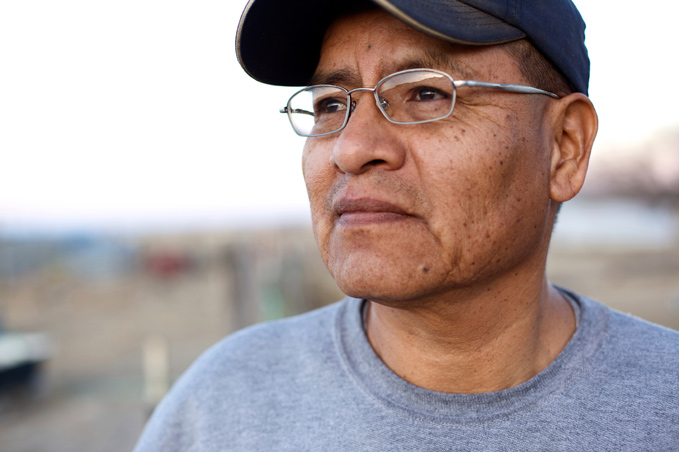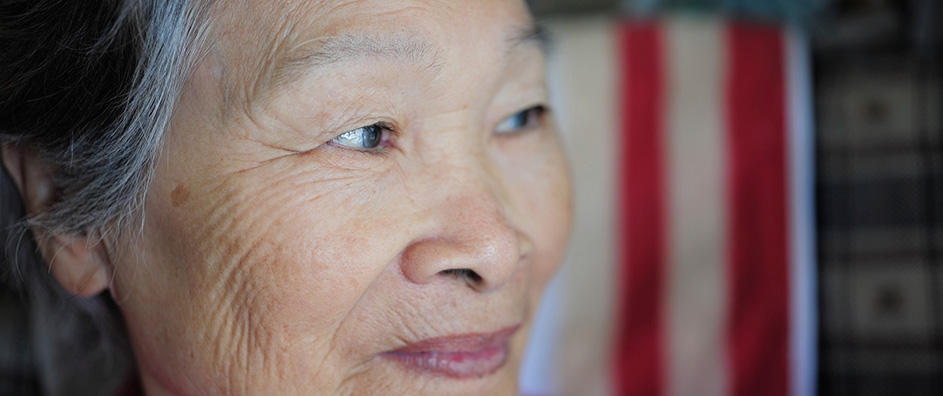The views expressed in our content reflect individual perspectives and do not represent the authoritative views of the Baha'i Faith.
A human being is distinguished from an animal in a number of ways. First of all, he is made in the image of God, in the likeness of the Supernal Light, even as the Torah saith, ’Let us make man in our image, after our likeness.’ This divine image betokeneth all the qualities of perfection whose lights, emanating from the Sun of Truth, illumine the realities of men. And among the greatest of these attributes of perfection are wisdom and knowledge. – Abdu’l-Baha, Selections from the Writings of Abdu’l-Baha, p. 140.
We all want knowledge and wisdom.
Every person naturally wants to know and understand more about themselves, about the world, about our universe. We deeply want to learn. From childhood our inborn curiosity springs out of an innate desire to know more. We each would like to have good judgment and give wise counsel. The two traits of wisdom and knowledge, when combined together, make us thoughtful, well-informed, witty, sagacious and astute.
Think about it this way: what traits represent the opposite of knowledge and wisdom–ignorance and foolishness, perhaps? When you view these two core virtues of knowledge and wisdom in that way—as the opposites of traits nobody wants—you can clearly see why they’re such desirable human characteristics.
Positive psychology’s six essential, core human virtues list wisdom and knowledge first. The Character Strengths and Virtues handbook includes within that first category the personal traits of creativity, curiosity, open-mindedness, love of learning, perspective, and innovation.
Remember how curious, creative and open-minded you were as a child? Remember how you loved to learn new things? Those traits, so natural to children, can lead us as adults to wisdom and knowledge.
Interestingly, these cerebral, mental and intellectual gifts don’t always rely on IQ or higher education. The Baha’i teachings exalt education and the acquisition of scientific knowledge—but even more importantly; they urge everyone to search for spiritual understanding. In fact, some of the greatest knowledge and wisdom comes instead from indigenous cultures, from the school of hard knocks, from real-world experience and from deep reflection on the lessons of life.
Think about it this way: who is the wisest person you know?
 I once knew a North American Indian with no degrees, little formal schooling and not much sophistication when it came to modern urban life–and yet his knowledge and wisdom seemed enormous. He could reliably intuit other people’s motives, he understood the natural world, he knew what the movements and behaviors of animals meant, he had a powerful spiritual intelligence and insight that often made me wish I were wiser and more attuned to others. I tried to learn from his wisdom and knowledge, because I could see that it made him a complete, fulfilled and happy person.
I once knew a North American Indian with no degrees, little formal schooling and not much sophistication when it came to modern urban life–and yet his knowledge and wisdom seemed enormous. He could reliably intuit other people’s motives, he understood the natural world, he knew what the movements and behaviors of animals meant, he had a powerful spiritual intelligence and insight that often made me wish I were wiser and more attuned to others. I tried to learn from his wisdom and knowledge, because I could see that it made him a complete, fulfilled and happy person.
In many ways, that’s what positive psychology tries to do—emphasize the character traits that give our lives meaning.
The Baha’i teachings have a unique viewpoint on these character traits. Baha’u’llah’s writings say, repeatedly and from several different perspectives, that these traits come from God:
Man is like unto a tree. If he be adorned with fruit, he hath been and will ever be worthy of praise and commendation. Otherwise a fruitless tree is but fit for fire. The fruits of the human tree are exquisite, highly desired and dearly cherished. Among them are upright character, virtuous deeds and a goodly utterance. The springtime for earthly trees occurreth once every year, while the one for human trees appeareth in the Days of God — exalted be His glory. Were the trees of men’s lives to be adorned in this divine Springtime with the fruits that have been mentioned, the effulgence of the light of Justice would, of a certainty, illumine all the dwellers of the earth and everyone would abide in tranquillity and contentment beneath the sheltering shadow of Him Who is the Object of all mankind. The Water for these trees is the living water of the sacred Words uttered by the Beloved of the world. – Baha’u’llah, Tablets of Baha’u’llah, p. 257.
The source of knowledge and wisdom for the human trees, Baha’u’llah says, “is the living water of the sacred Words uttered by the Beloved of the world.”
In this context, the phrase “the Beloved of the world” means the prophets and founders of the world’s great Faiths, who bring divine knowledge and wisdom to humanity:
The aim of the prophet of God is to raise man to the degree of knowledge of his potentiality and to illumine him through the light of the kingdom, to transform ignorance into wisdom, injustice into justice, error into knowledge, cruelty into affection and incapability into progress. – Abdu’l-Baha, Divine Philosophy, p. 111.
If you want knowledge and wisdom, you can begin today by studying, learning, internalizing and meditating on the sacred words of the great Faiths.
















Comments
Sign in or create an account
Continue with Googleor